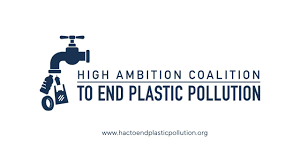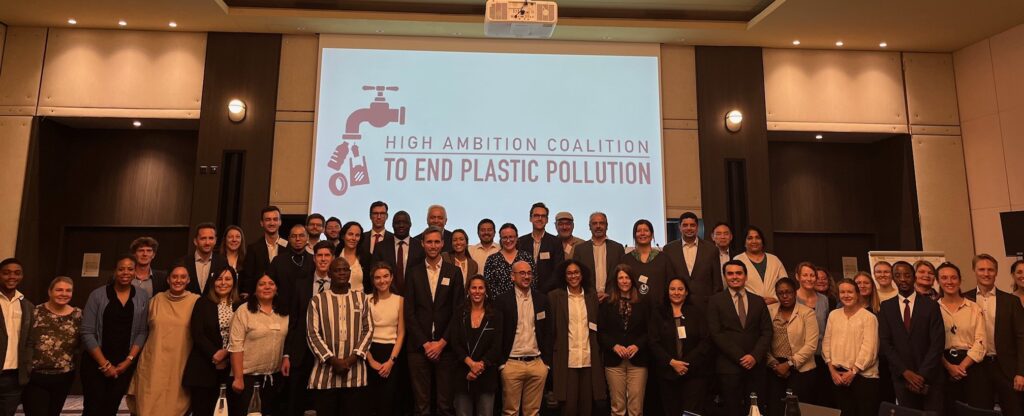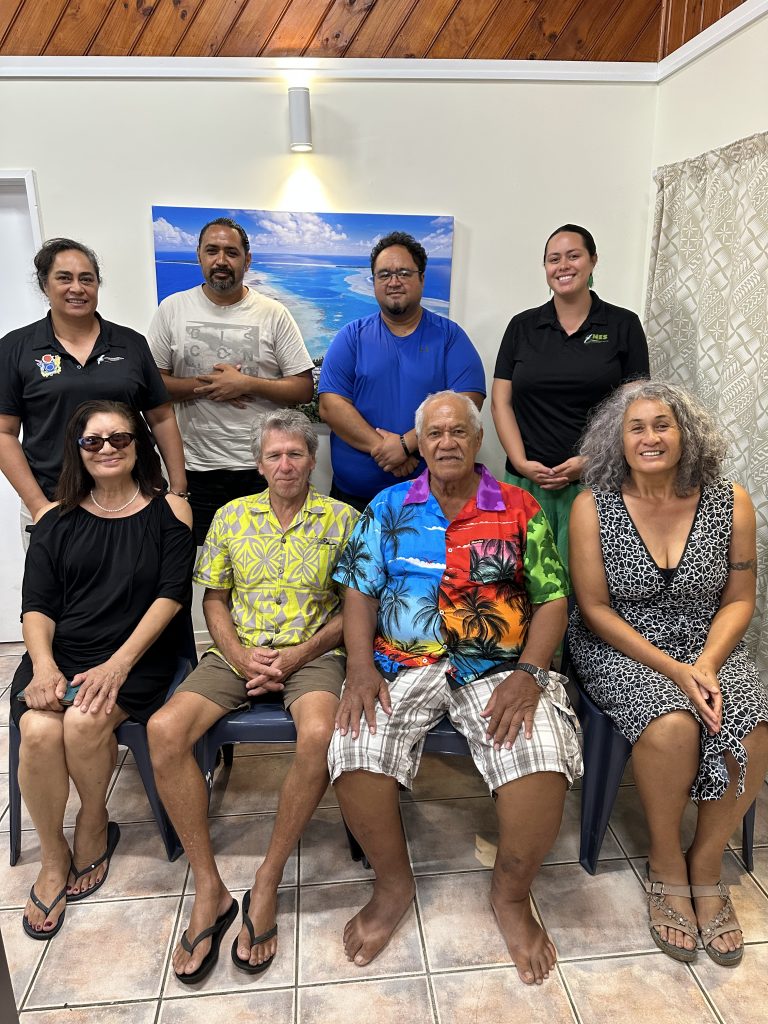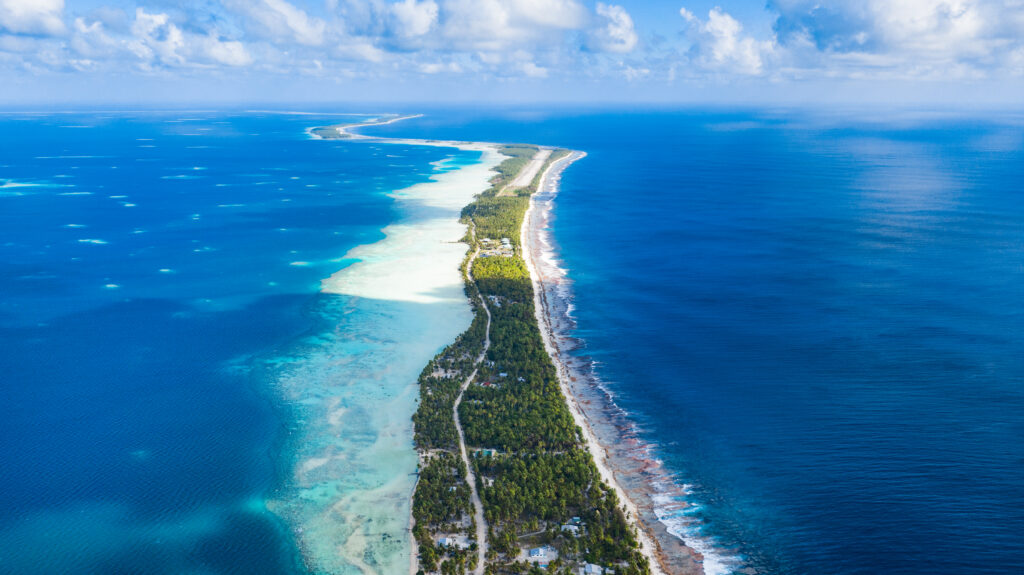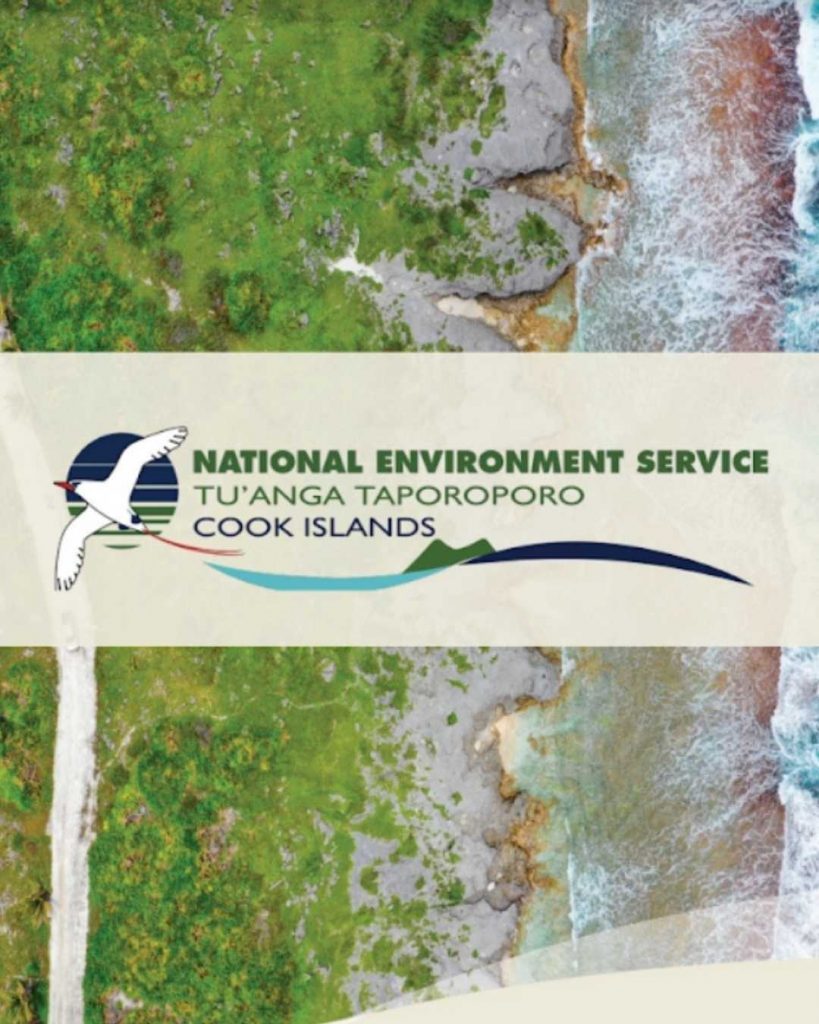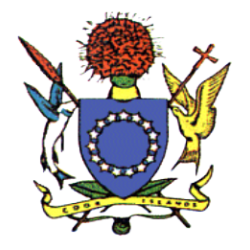The NES Director Halatoa Fua, attended a technical working session by the High Ambition Coalition (HAC) to End Plastic Pollution in Geneva earlier this month. The session is a crucial step to prepare for regional consultations to attend the Third Session of negotiations for the legally binding treaty to end plastic pollution.
The High Ambition Coalition, or known as HAC, is co-chaired by Norway and Rwanda with a total of 60 country members to date. The Cook Islands was the first Pacific country to join in November 2022, followed by the Federated States of Micronesia and Palau, making it three Pacific Islands members within the HAC.
As plastic pollution becomes ever more visible both on land and in waterways, calls to tackle the mounting plastic waste crisis have reverberated around the world. Of the approximately 8.3 billion tons of plastic produced since the 1950s, studies show that 6.3 billion tons are now waste, with between 8-12 million tons of plastic leaking into the marine environment each year. This number is expected to more than triple by 2050.
The High Ambition Coalition to End Plastic Pollution is committed to develop an ambitious international legally binding instrument based on a comprehensive and circular approach that ensures urgent action and effective interventions along the full lifecycle of plastics. This includes upstream measures from sourcing and extraction, to midstream in plastic product design, and to the downstream in waste management systems.
The HAC member states discussed the zero-draft issued by the United Nations Environment Programme, ahead of the third session of negotiations in Nairobi next month. The discussions included binding provisions on the levels of primary plastic polymers produced, chemicals and polymers of concern, problematic plastic products, production design, circularity and substitutes. The group further discussed downstream measures such as waste management and means of implementation including finance, capacity building, knowledge transfer and technical assistance.
The session allowed members to identify areas of common interest and convergence, highlighted what is missing in the zero draft, and discussed areas that require further consultations through intersessional work. This level of in-depth discussions elevates the significance of the work carried out by the HAC to build strong relationships amongst its members to tackle the issue of unsustainable plastic production and pollution.
Halatoa Fua stated ‘the HAC provides significant value and technical support for the Cook Islands and other member states, as we prepare for the upcoming third session of negotiations for the plastic pollution treaty. The HAC is proposing intersessional work and many preparatory meetings to expedite its readiness for the negotiations. We have an ambitious timeline to have the final negotiation session in the Republic of Korea in late 2024’.
Every day, a billion single use plastics is used and only 9% of it gets recycled. The rest ends in our landfill, land or oceans.
